When ‘old’ immigrants help ‘new’ ones
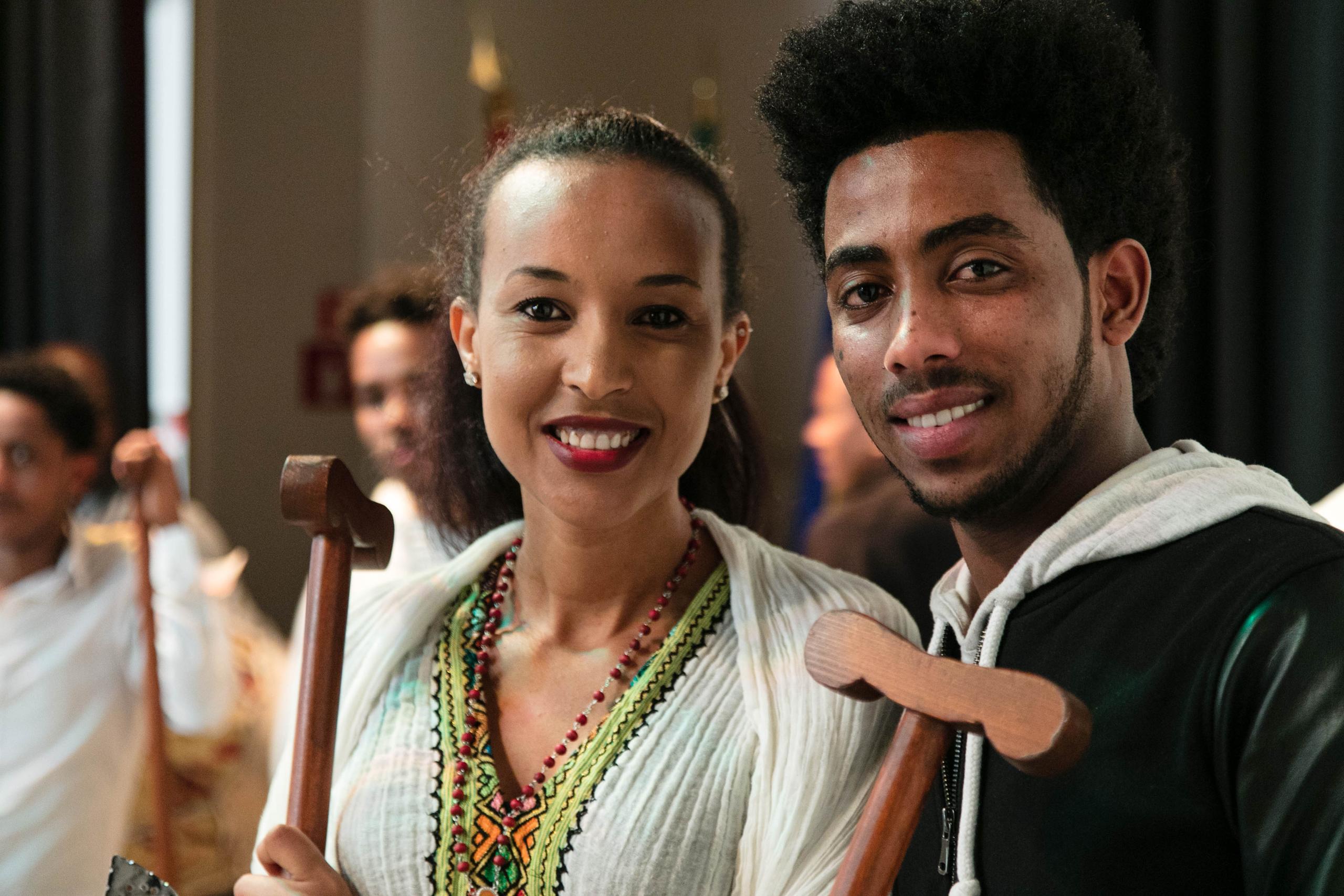
Italians in Switzerland are considered an integration success story even though they used to face violence and racism. One organisation is using their experience to help new immigrants, by throwing a party.
The door opens to the scent of faraway lands. At just before noon and it’s all hands on deck at the Italian Catholic Mission in Bern. Tonight there will be more than 100 mouths to feed and there’s no time to lose.
“We’re making zighini, a typical Eritrean dish which is a spicy stew with injera [round pieces of flatbread],” says Miriam* with a tear in her eye – she’s chopping onions.
Next to her, Fatimah* is stirring the sauce. “We’ve thrown in a pinch of chilli pepper and coriander – but not too much,” she says. “Italians aren’t used to our flavours and we don’t want to scare them off…”
Fatimah bursts out laughing but quickly covers her mouth with her hand and looks down, embarrassed. She’s barely 20 years old and has fled Eritrea. Like her fellow young cooks at work in the kitchen, she asked that her name not be revealed. They don’t want to talk about the situation in Eritrea “because today’s a party and there’s no room for anger or sadness”.
On this wintry Saturday, the imposing Mission is hosting an intercultural party for Italian and Eritrean Catholics, two communities that share not only a faith and a migrant background but also parts of their cultures – like a love of coffee – that go back to the days of colonisation.
The Catholic Eritrean community in Switzerland comprises around 6,500 people. Unlike the Italian and Portuguese communities, it has not been officially recognised by the government and therefore does not receive any financial support from the cantons.
The idea for a joint party came from Father Antonio Grasso, who took over at the Mission 18 months ago.
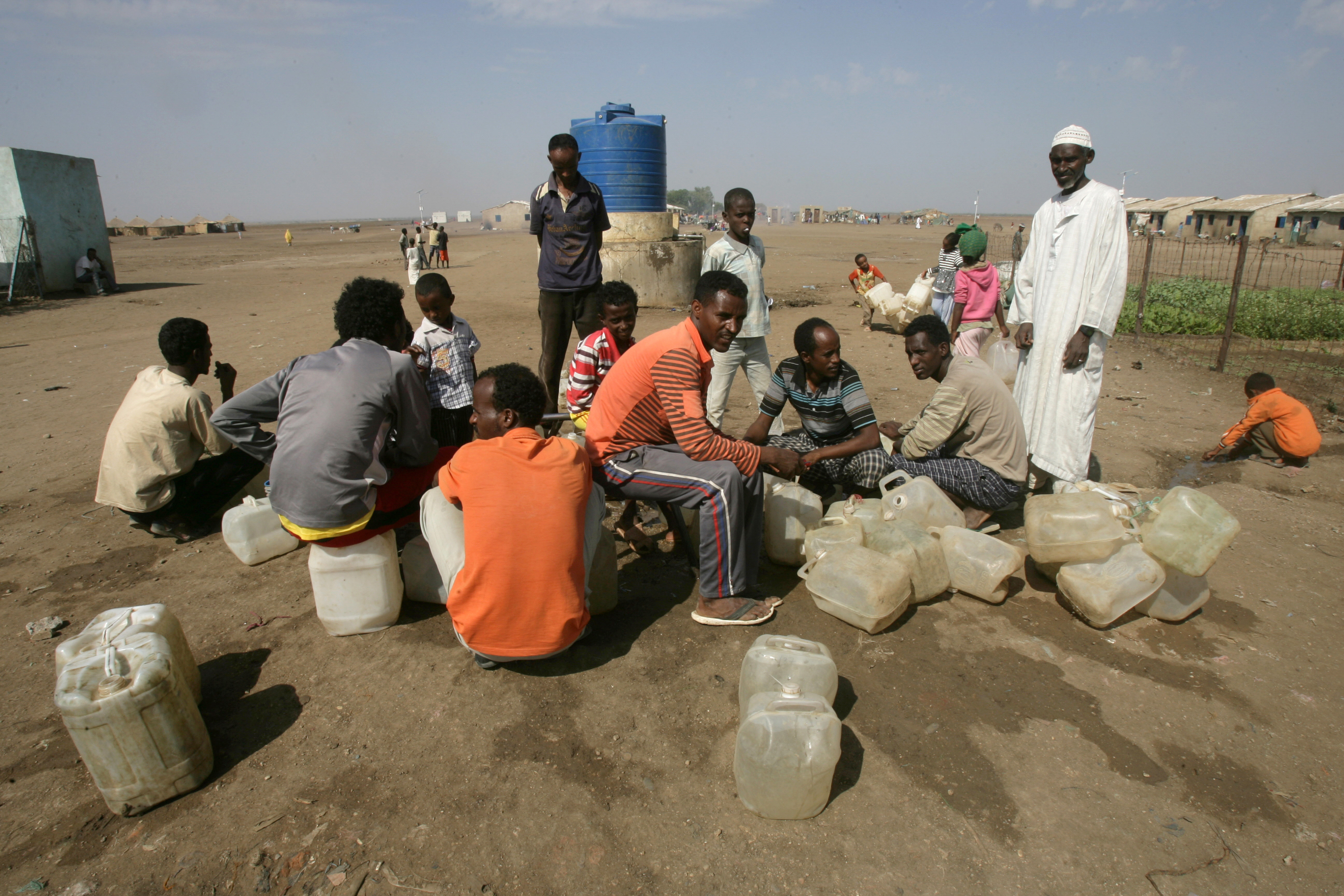
More
Eritreans brave extreme journey for new life
“Our institution was an important meeting point for Italian workers in Switzerland, above all in the days of seasonal workers [in the 1950s and 1960s],” he says.
“We continue to help our compatriots, who knock on the door every day asking for money or advice, but we can and must do more. Our community should be more welcoming – and who must we welcome if not refugees?”
Obstacles to integration
By late afternoon, the Mission’s volunteers are setting the table for supper.
Grasso, born in Switzerland to Italian immigrants, is part of the refugee support group. “We’ve organised various activities, such as a football tournament and a clothing drive. In a certain sense I feel it’s my duty to give these people a hand because I know that for us Italians it wasn’t easy integrating in Switzerland either.”
“Plus we Latins are perhaps more open and welcoming than Swiss-Germans – or at least sunnier,” his childhood friend Bruno chimes in.
Although fleeing a dictatorship and emigrating for work are hardly comparable, foreigners in Switzerland face similar obstacles to integration.
“It’s so hard … at school we learn ‘correct German’ and then on the street people talk dialect and I don’t understand a word,” says Petros*, a young Eritrean who arrived in Bern a year ago.
Yusef*, 23, adds: “At home [in Eritrea] there’s always coffee ready just in case someone pays you a visit.”
When asked what they need the most, the two young men reply without hesitation: a job. “Hanging around with nothing to do is painful. You constantly think about your family in Eritrea and about all sorts of other things…”
Yusef and Petros run off to get changed. On the stage in the hallway, the young Eritreans are rehearsing in a choir which will perform later.
Dinner is served at seven on the dot. On the menu is lasagne with vegetables, lovingly prepared by the women of the Mission, and zighini. The young Eritreans are scattered among the tables. People chat free and easily, curiously checking out the new faces.
Two communities
Italians make up the largest foreign community in Switzerland: more than 318,000 at the end of 2016. Of those, 21,000 live in canton Bern.
The Eritrean diaspora comprises around 38,000 people of whom around 6,500 are Catholic. The majority are Orthodox.
“Things like this should be done more often,” says Claudia, explaining that she had decided to come because she didn’t know much about the situation in Eritrea. And, of course, because there’s good food.
Difficult years
Claudia arrived in Switzerland at the age of 14, having left the city of Salento on Italy’s heel. “It was February 22, 1962. I can still remember it because I’d never seen snow before,” she says.
“In those early years Italians were invisible to the Swiss – for them we were only hands and arms [for doing work]. I understand the suffering these young people can experience today, even though we always had to get by on our own.”
Italians first immigrated to Switzerland on a large scale between 1950 and 1970 and mainly worked in the construction, engineering and catering industries. In the early days, Italian workers were not allowed to bring their families with them. Many lived in run-down “ghettos”.
This, combined with the fact that they didn’t know the language, meant they had little contact with the local population. Legal restrictions prevented them from changing jobs and limited their access to social security entitlements.
The memories of those difficult years and the pride at having made it to a certain degree is still very much alive among first-generation Italian immigrants. And sometimes overcoming a distrust of other people is not so easy.
“There are always those people who say, ‘Why are you helping them? Who are they?’” Grasso says, pointing out that Switzerland’s political climate is not favourable towards Eritreans.
“The various activities that we’ve organised really raise awareness among the community. But it takes time.”

More
Singing prayers
After the evening’s choral concert, it’s time for the tarantella, a lively folk dance popular in southern Italy. Italians and Eritreans begin dancing together on the stage.
They laugh and hold each other’s arms, carried by the rhythms. No one cares if they’re out of step, Grasso jokes.
“This dance serves as an example: if you take the risk of meeting other people, you have to accept that something inside of you will change. But you will definitely leave enriched.”
*Names have been changed
(Translated from Italian by Thomas Stephens)

In compliance with the JTI standards
More: SWI swissinfo.ch certified by the Journalism Trust Initiative




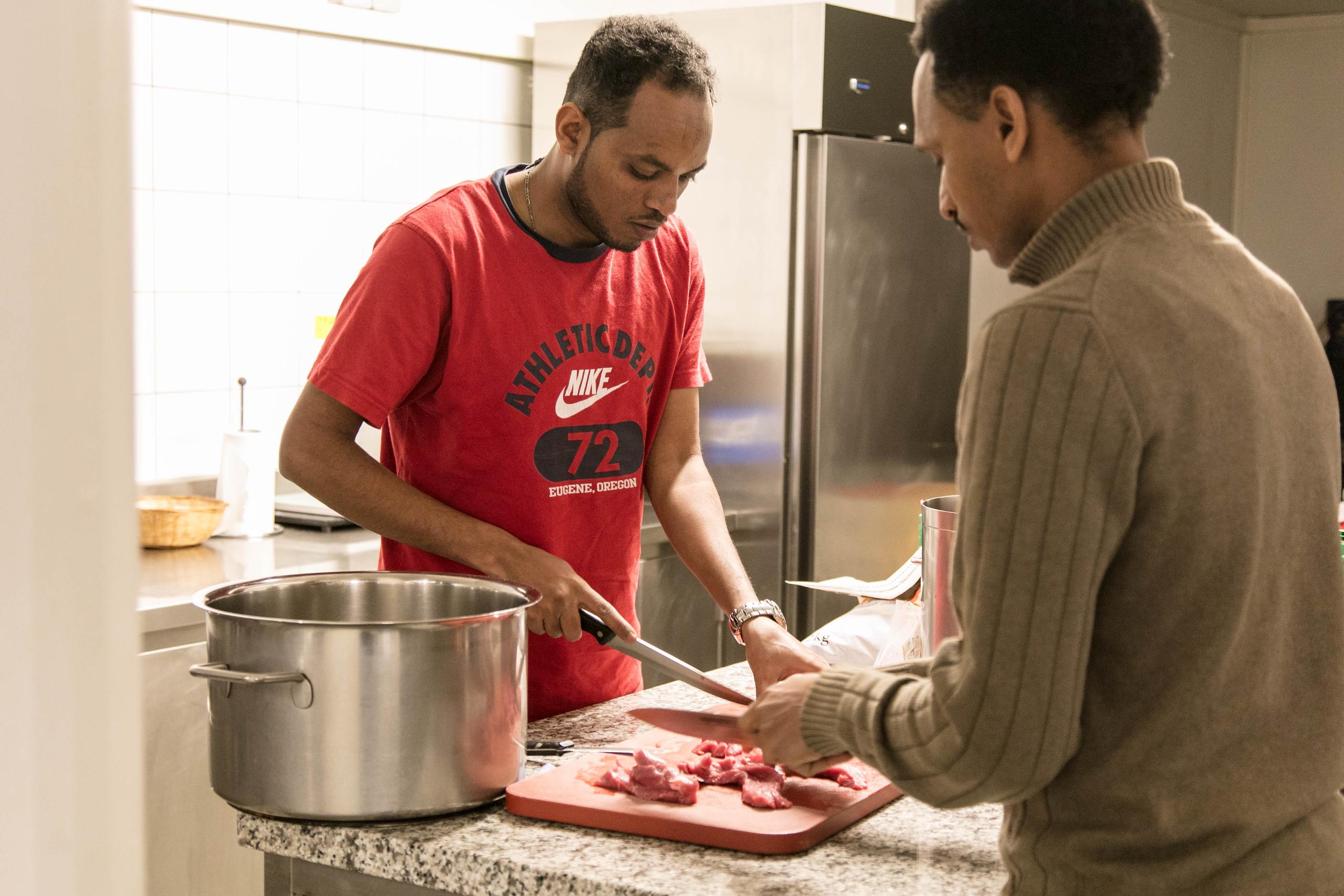
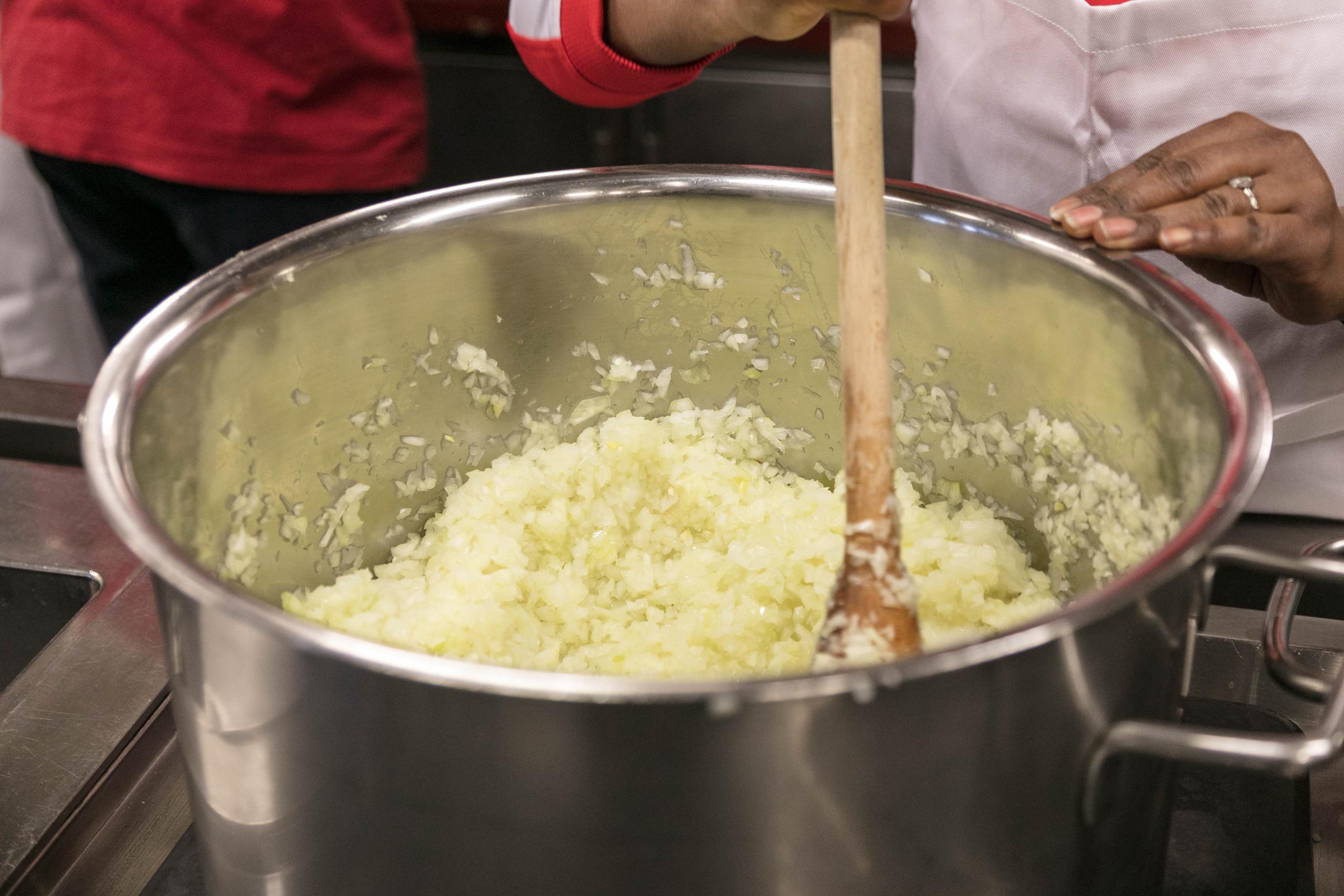


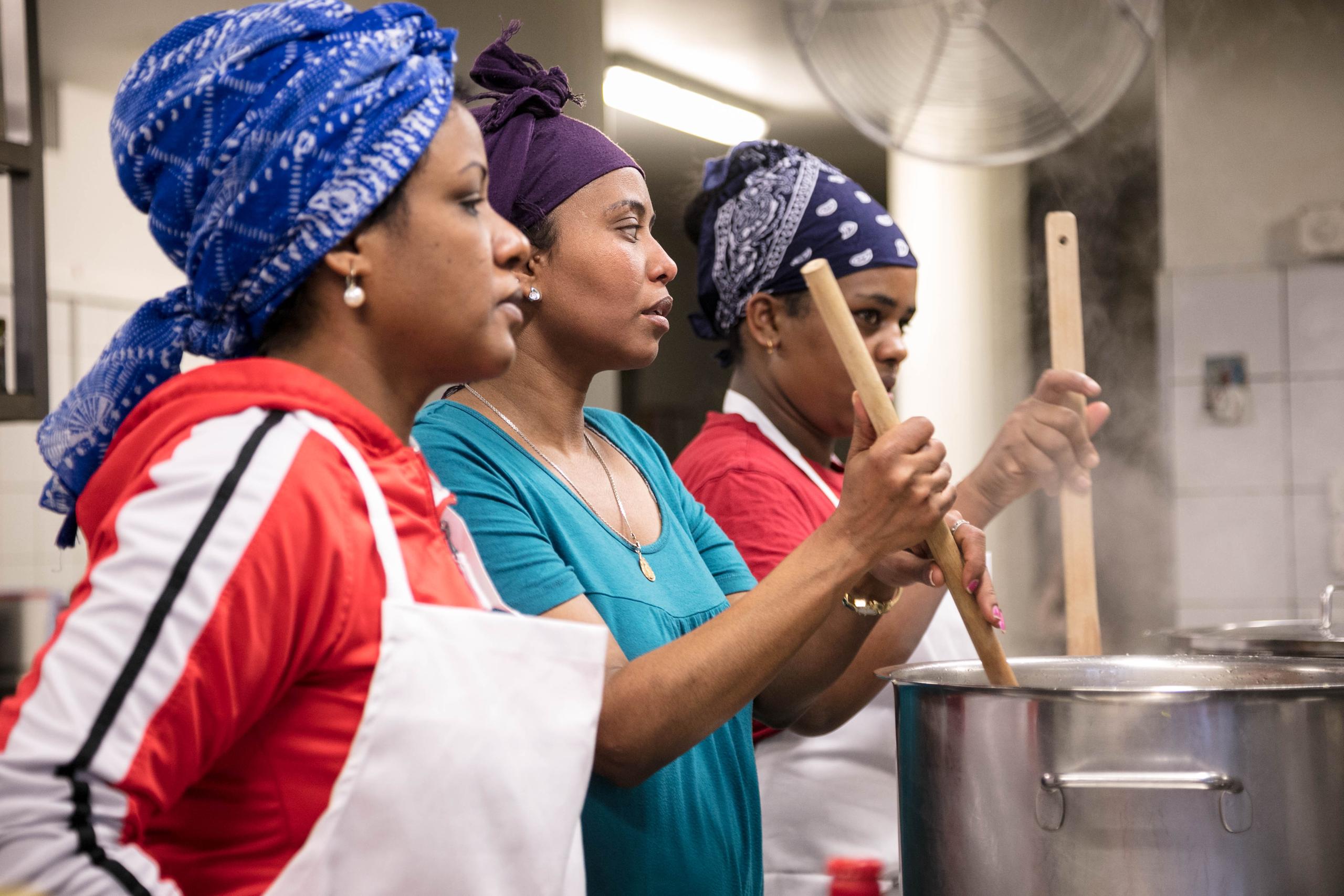

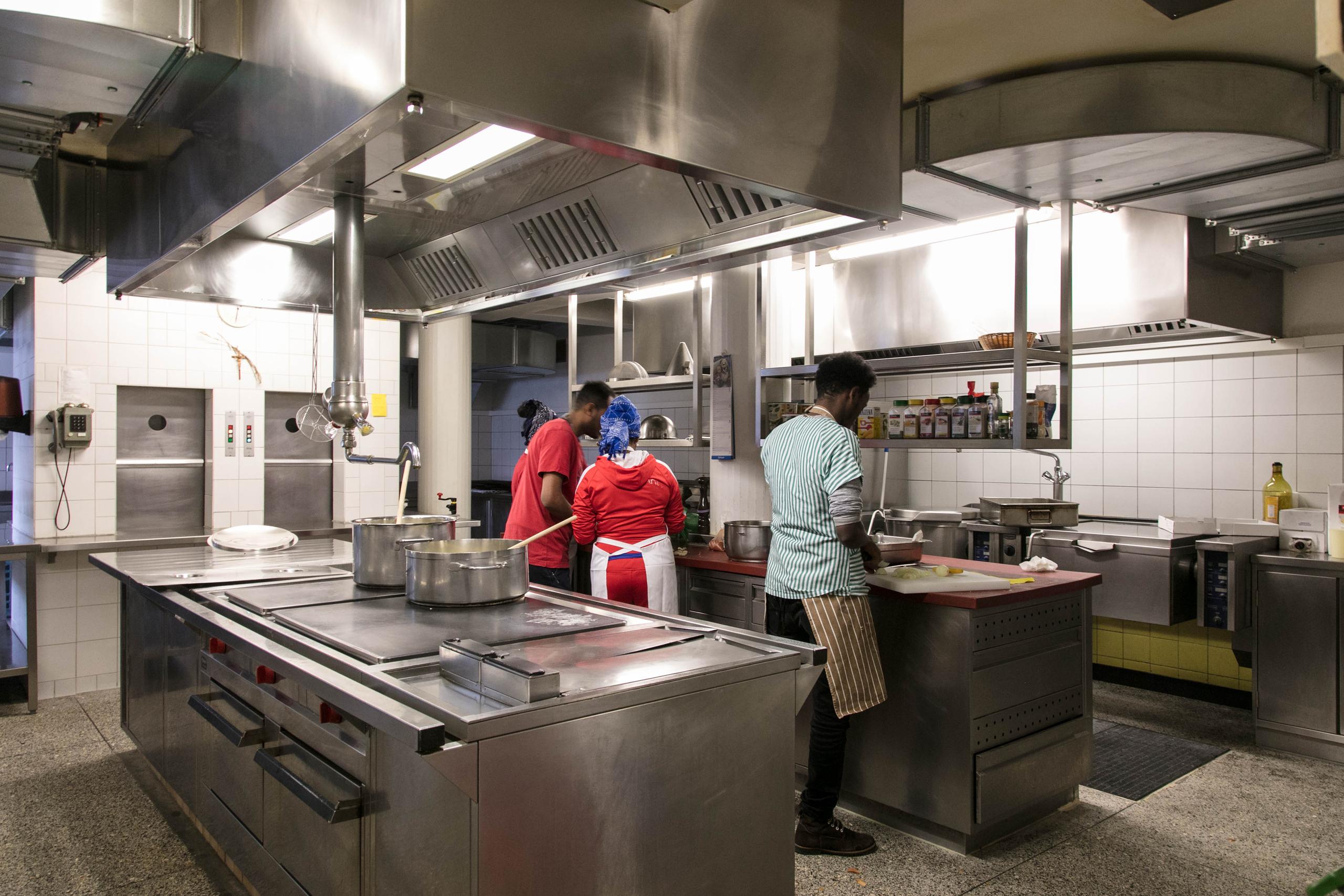
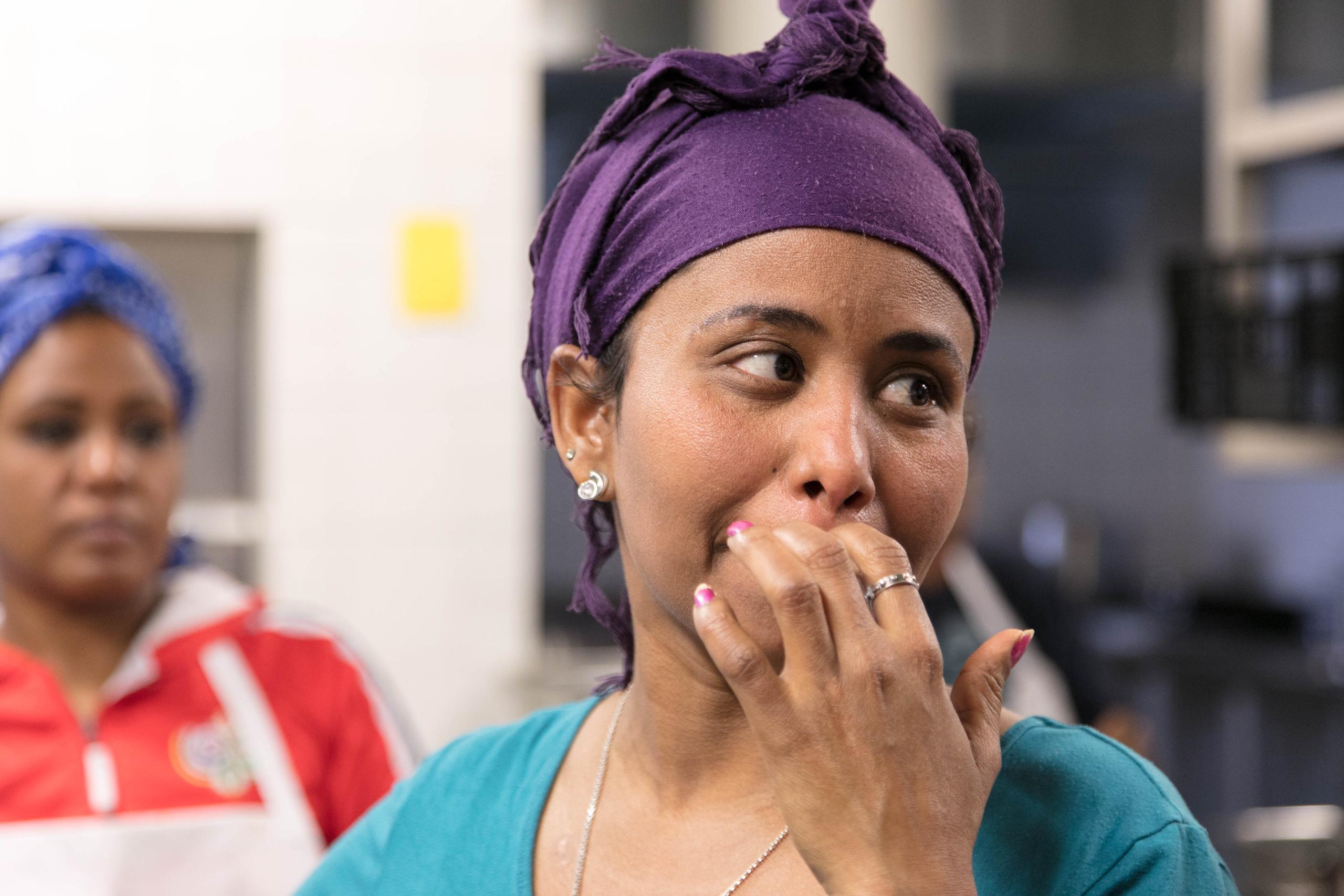

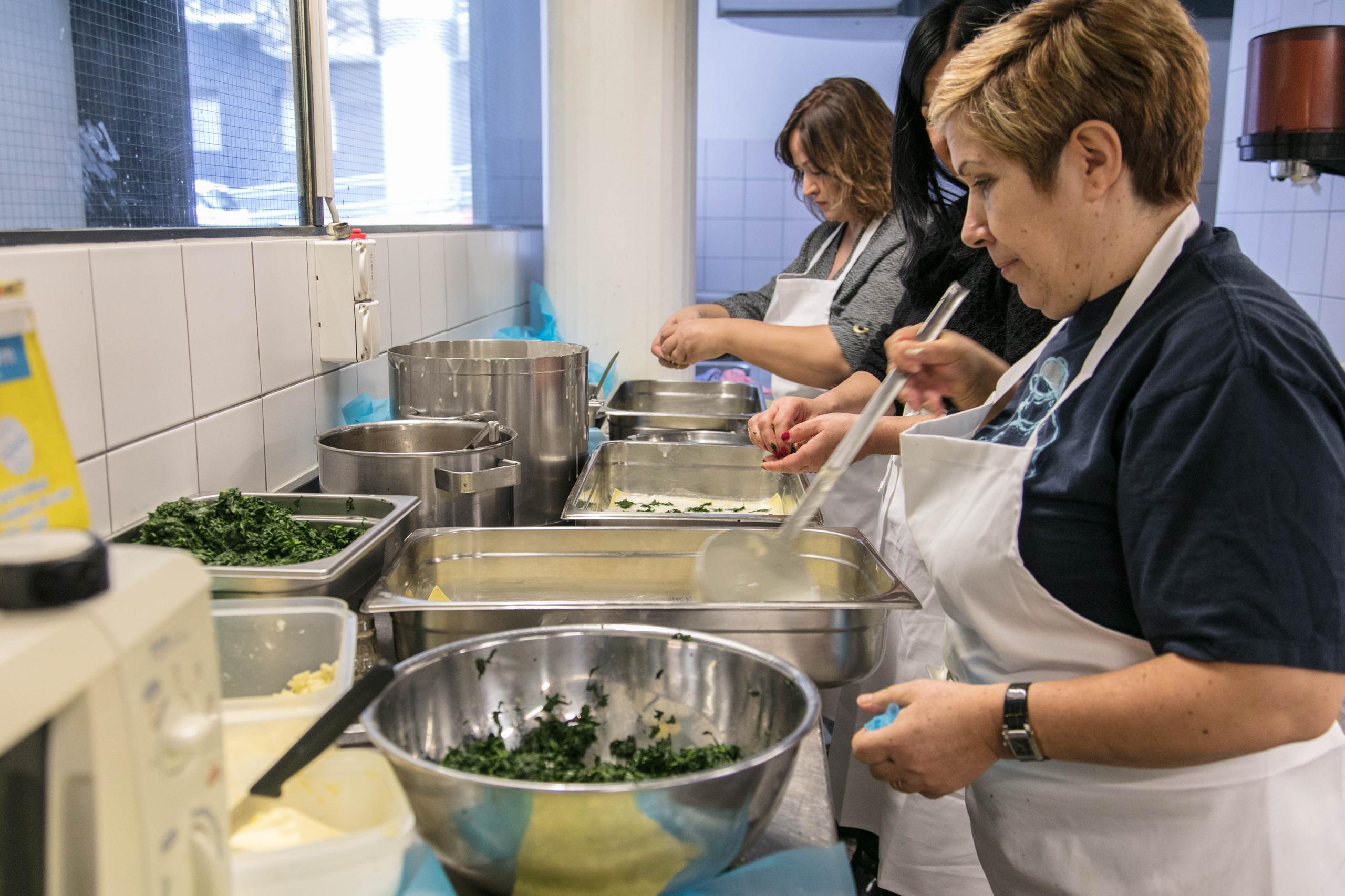
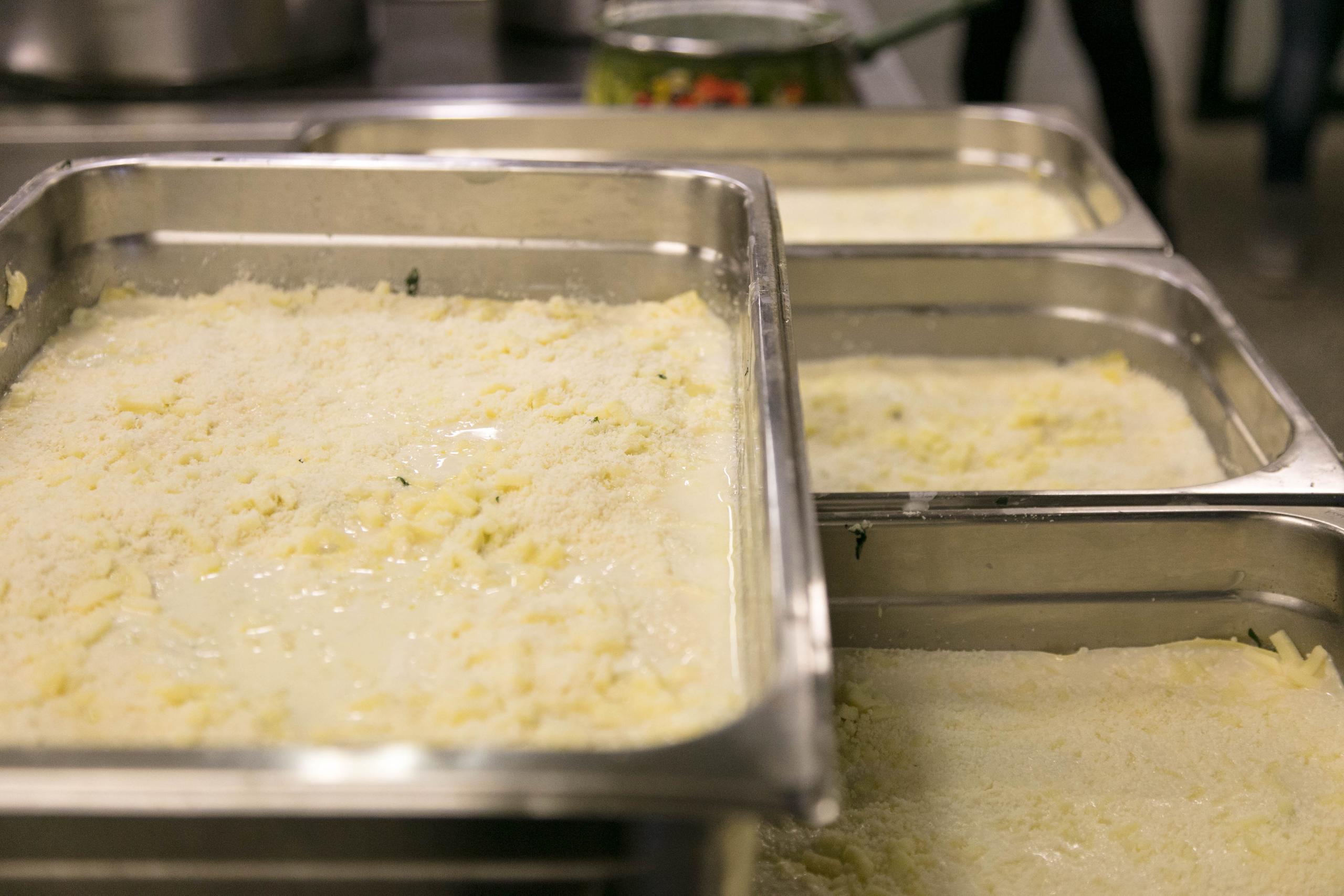
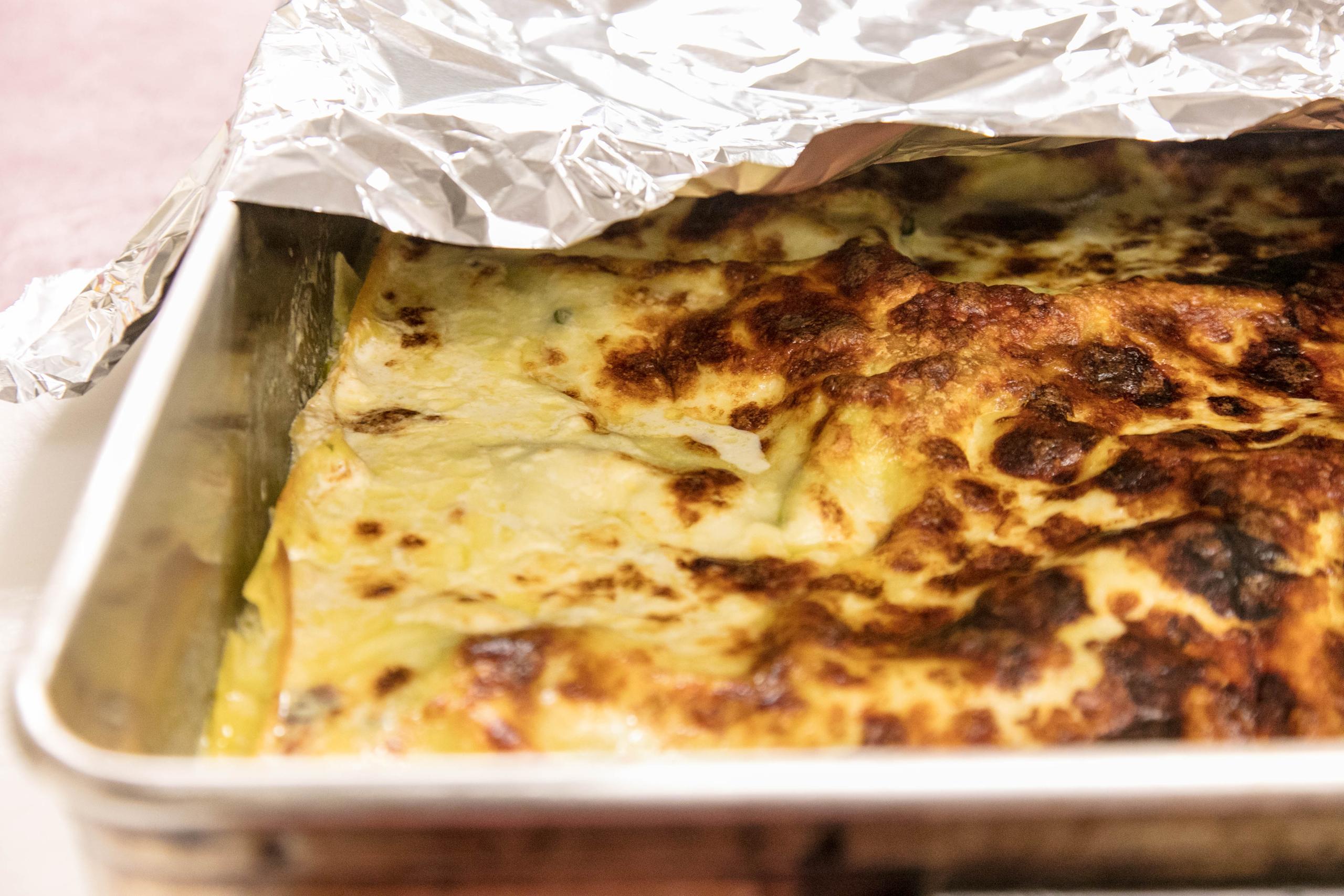

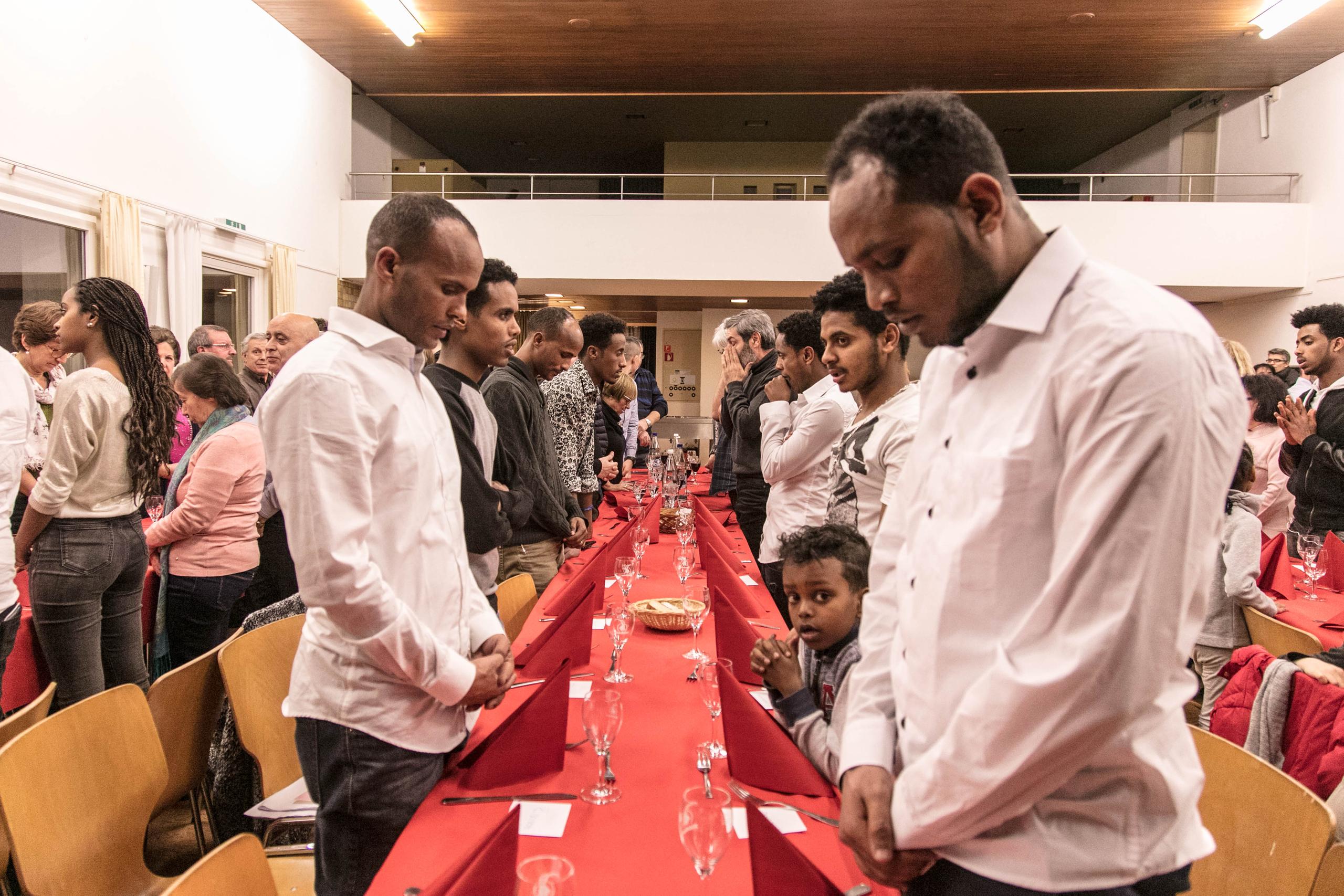







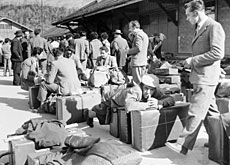
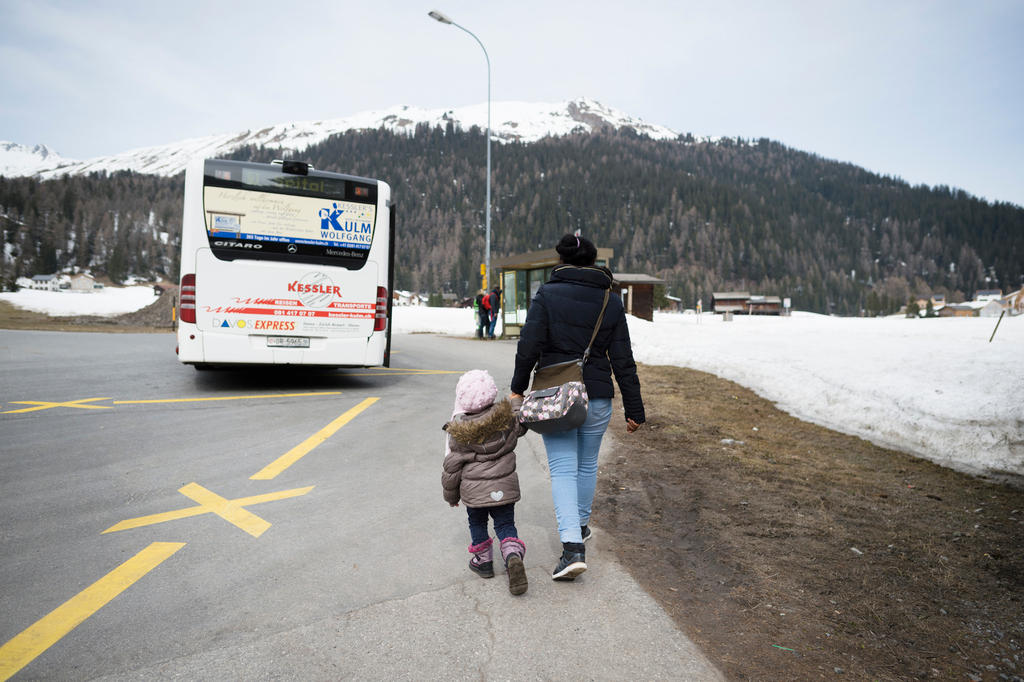

You can find an overview of ongoing debates with our journalists here . Please join us!
If you want to start a conversation about a topic raised in this article or want to report factual errors, email us at english@swissinfo.ch.